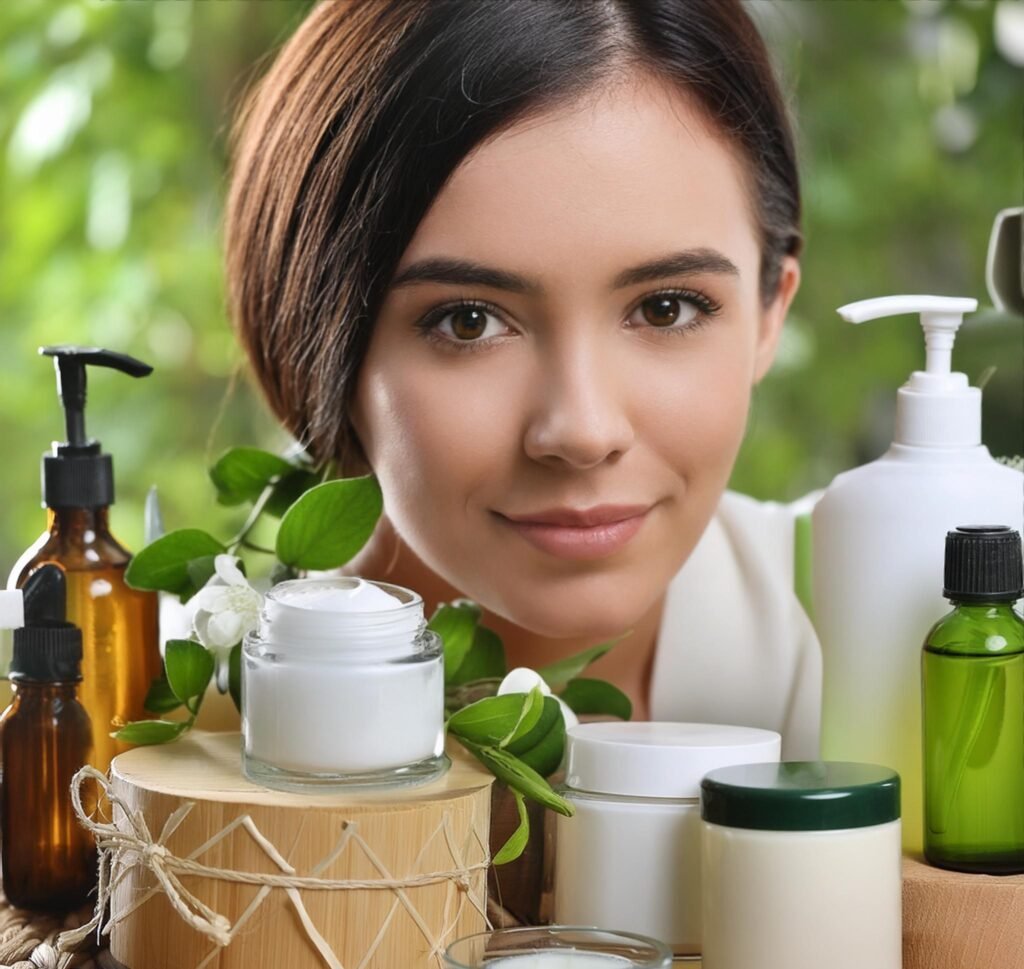How to Ensure the Authenticity of Organic Skincare Products

INTRODUCTION
WELCOME TO RUNZOER INDIA! In today’s digital age, where countless skincare products flood the market, it can be a daunting task to find authentic organic products that truly deliver on their promises. With over a decade of experience in the field, we have witnessed the rise in popularity of organic skincare products and the growing concern regarding their authenticity. Whether you’re a skincare enthusiast or simply someone looking to make healthier choices for your skin, we’ve got you covered. Join us as we uncover essential tips and strategies to ensure the authenticity of organic skincare products, empowering you to make informed decisions for your skincare routine. Get ready to rejuvenate your skin with confidence, as we navigate the realm of organic skincare together. Let’s dive in!
Embracing Natural Products for Skincare: A Growing Trend
The global shift towards natural products is unmistakable, particularly in the realm of skincare. While a myriad of skincare options flood the market, distinguishing between synthetic and natural products is pivotal. Yet, natural products continue to emerge as the superior choice. This trend is further underscored by the increasing embrace of natural products by consumers. But what drives this escalating significance of natural products?
Let’s delve into the reasons for choosing natural products:

1. Environmental Benefits
Natural skincare products stand as a more sustainable choice, devoid of synthetic chemicals that can be detrimental to ecosystems, flora, and fauna.
2. Skin Safety
Opting for natural skincare products minimizes the risk of synthetic ingredients adversely affecting the body. Natural ingredients tend to promote holistic well-being and minimize the intake of potentially harmful substances.
3. Ethical Practices
Unlike many skincare products, natural alternatives refrain from animal testing, aligning with the conscientious ethos of safeguarding all living beings.
This surge in the demand for natural products reflects a growing consumer consciousness. With heightened awareness about environmental impacts and wellness, consumers seek transparency regarding product authenticity.
In today’s landscape, the allure of natural products is palpable, as evidenced by the prevalence of ‘natural’ and ‘organic’ labeling. However, authenticating the genuineness of products remains a critical consideration for consumers.
Subsequently, we will expound on methods for verifying product authenticity.
Verifying Authenticity of Natural Products
Counterfeit cosmetic products pose a significant challenge, necessitating consumers to exercise caution. Direct sourcing from authorized sellers or manufacturers is imperative in combating the proliferation of fake products.
Consider the following guidelines while shopping for natural cosmetic products:
Scrutinize the Label
Counterfeit products often exhibit discrepancies in labeling, such as misspellings, typos, or substandard printing quality. Thoroughly scrutinize the packaging, cross-verifying details with the brand’s official website for consistency.
Assess the Ingredients
Review the first five ingredients listed on the packaging, as they typically constitute the majority of the product. This can offer invaluable insights into the product’s composition and efficacy.
Avoid Red-Flag Ingredients:
Be vigilant regarding certain ingredients that are best avoided, such as sulphates, silicones, mineral oil, synthetic fragrances, polyunsaturated oils (PUFAs), parabens, and chemical sunscreens. Familiarizing oneself with these constituents is crucial for making informed choices.
Ultimately, when seeking new products, conscientious scrutiny of labels and ingredients fosters informed decision-making, promoting health-conscious choices.
